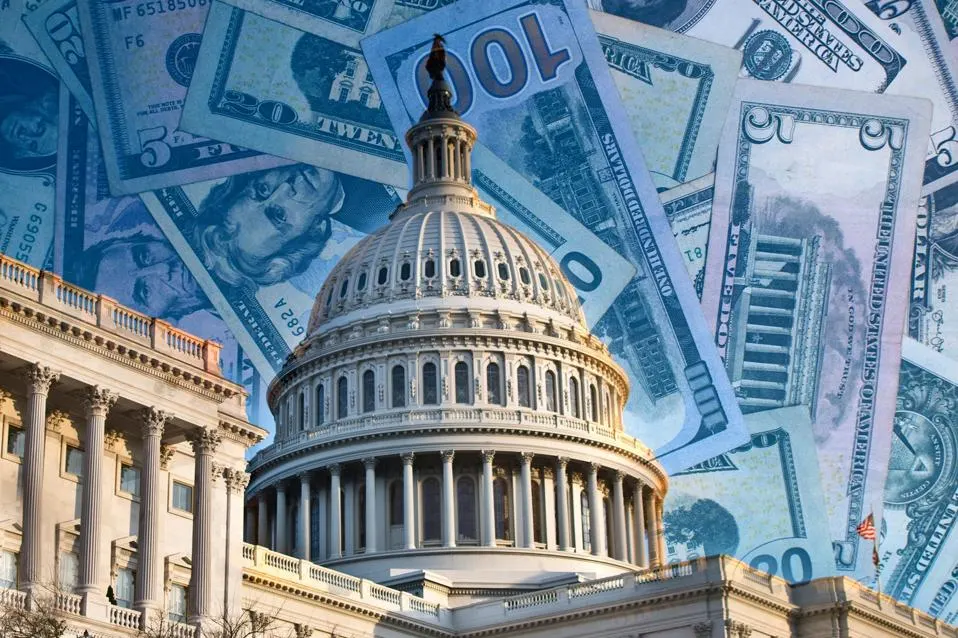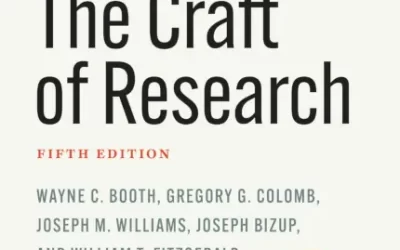The inauguration of a new presidential administration always has an effect on the publishing industry whether that impact be minimal or substantial. In the case of Donald Trump’s second inauguration as president of the United States, that impact seems likely to be monumental. Within his first week in office, newly elected President Trump has signed dozens of executive orders affecting federal funding and scientific research, all of which will likely affect researchers submitting work in scholarly journals and publications.

We’ll start with the biggest item that will likely affect researchers and potential authors: National Health Institute (NIH) budget cuts. Shortly after taking office, the Trump Administration announced a $4 billion cut to “indirect” medical research funding for medical and research institutions provided by the NIH. A limit of 15 percent of these grants will be allowed for overhead costs including building payments, support staff salaries, and equipment costs. While Trump and his supporters argue that the cuts will help to improve government and budget efficiency, researchers are already decrying these cuts, claiming that not allowing these funding reimbursements will “cripple lifesaving research and innovation.”
In addition to the NIH funding cuts, the National Science Foundation (NSF) paused all grant reviews and funding applications in late January, postponing them until a later date. This would have also blocked numerous already approved federal grants from going into effect in the new calendar year. As of late January 2025, a judge issued an order to temporarily block the funding pause after a lawyer representing numerous research institutions filed suit against the government. While research institutions might have won this battle, the “war” feels far from over. The White House has already set its sights on ending any and all diversity equity inclusion (DEI) grants or contracts, which will likely result in the next set of legal battles.
Speaking of DEI, the administration is taking a hardline stance against any and all initiatives in this sphere, discontinuing DEI programming in governmental agencies and academic institutions. This extends beyond just the previously noted grants with researchers stating that “DEIA webpages are disappearing, meetings are being canceled, and faculty are being asked to keep quiet or, worse, remove any mention of DEIA efforts on their profiles.” This was taken a step further on January 31 with the US Centers for Disease Control and Prevention (CDC) issuing a directive that all scientific manuscripts produced by its researchers that are currently under review at a journal be withdrawn in order to strip certain language relating to gender from the text. The terms being stripped from manuscripts include “gender,” “transgender,” “pregnant person,” “transsexual,” and “non-binary.” This directive was issued to help put the agency in compliance with Trump’s executive order that seeks to restore “biological truth” to the federal government.
As of this writing, it is unknown how many submitted papers would be affected by these changes and which, if any, journals will be complying with the directive. It has however wreaked havoc on peer review with potential delays in processing of manuscripts on important topics. Some journals and groups are taking proactive steps allowing authors to pause the peer review or publication of a manuscript that might require language changes under the new CDC directives with policy changes likely imminent in more journals in the months to come. However, the International Committee of Medical Journal Editors (ICMJE), a group that provides prevailing guidance for most notable medical journals, has issued a more hardline stance on requests for retractions based on gender identity language. Per their guidelines, “Corrections are warranted for errors of fact that should have been recognized at the time of publication. Matters of debate and evolving science and methods are not errors. Retraction of published work is generally reserved for errors serious enough to invalidate results and conclusions and/or when there is scientific misconduct.”
In terms of the battle over open access, it remains a major question mark here in the new Trump era. The already noted funding cuts will likely cripple some institutions who may be asked to pay for open access fees. The Nelson Memo, which required that articles and data originating from federally funded research be made publicly available immediately upon publication, is no longer available on the White House website although it remains archived. As of this writing, no executive orders have been issued directly addressing open access and open science initiatives so this will remain at least one open-ended issue for the White House’s Office of Science and Technology Policy (OSTP) to address in the coming months of the administration.
As already mentioned, legal battles abound challenging these directives and funding pauses with new rulings changing the landscape seemingly daily. In fact, between the time of writing and time of posting, there’s a good chance we could have five more executive orders and double the number of corresponding lawsuits. And it’s unknown how these orders will affect the industry in the long-term. Yet, we do know that in the short term, morale is low in many research facilities. Mike Boylan-Kolchin, a theoretical astrophysicist at the University of Texas at Austin, noted that “a pause is not ‘everything gets frozen in time and just unthaws immediately’. There are a lot of moving parts, and this is grinding them all to a stop, and it’s unclear how it gets started again.” Lettie Conrad, an independent researcher and lecturer at San Jose State University, discusses her fears about the ending of DEI programming by saying: “The risks we run without DEIA programs are immense for our community — at worst, this results in blatant censorship; at best, gutting important research efforts and outputs, draining intellectual capital and richness, promoting injustices and harm to many constituencies, as well as countless other ripple effects we have yet to realize.”
Despite the uncertainty and low morale, researchers are still hopeful and promoting resistance and action among their community when fighting to promote scholarly research and inclusivity. Lettie Conrad summed it up by saying: “I will keep up my daily efforts to deliver accessible products and services with human-centric design and other methods of iteratively counterbalancing our baser instincts of bias and fear — because I believe Marget Mead’s words: ‘Never doubt that a small group of thoughtful committed individuals can change the world. In fact, it’s the only thing that ever has.’”
How are you adapting to the changes in the scholarly publishing landscape caused by Trump’s executive orders? Is your institution and research affected?
By Chris Moffitt
Chris is a Managing Editor at Technica Editorial




